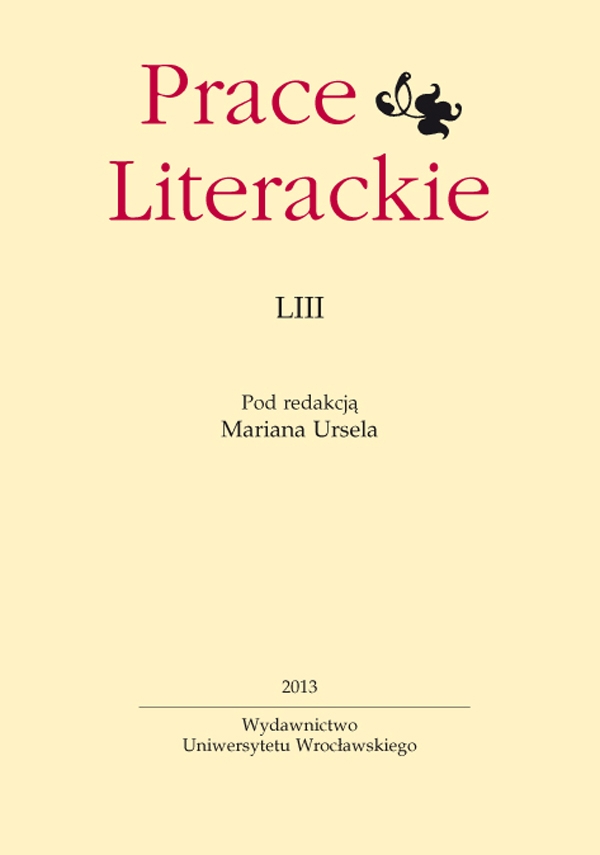

Artykuły

From Obłaczkowo to Oporów
Bogdan Zakrzewski was a son of Kazimierz and Maria née Szafran. He grew up in the village of Obłaczkowo, near Września, Wielkopolska Province. When he was two years old, his mother died and his father married Józefi na Ratajewska. She shaped the characters of all four children as Poles who deeply respected other nations, religions and views. The father, a teacher in the local school and a registrar, took care of their patriotic education.
Bogdan was interested in literature and art. From his earliest childhood he painted, drew and recited poems. At the age of 17 he graduated from a neo-classical grammar school in Września and began to study Polish language and literature at the University of Poznań. There he became known as an active member of the Polish Studies Club and co-organiser of meetings of students with outstanding personalities from the literary world. As of 1 September 1939 he was to have become an assistant lecturer — having been appointed by his supervisor, Prof. Roman Pollak — but the outbreak of the war intervened.
Bogdan Zakrzewski spent the 1939–1945 period away from his home, in three estates: Konary, which belonged to Józef Brandt’s relatives, Zameczek and Grabonóg. During his stay in Konary, he gathered material for his future doctoral dissertation: The infl uence of Józef Brandt’s painting on Henryk Sienkiewicz’s artistic imagination.
In March 1945 he returned to Poznań and, requested by Prof. Roman Pollak, prepared facilities for the revived department of Polish studies and reconstructed its library. Two years later Zakrzewski was awarded a doctoral degree, but in 1951 he was unexpectedly dismissed from his post at the University. Together with his wife, Barbara née Surzyńska, he moved to Wrocław. He began working at the local university, where he soon took over as the head of the department of Polish studies after Prof. Tadeusz Mikulski’s death. For many years he was the director of the Institute of Polish Philology, editor-in-chief of Pamiętnik Literacki and member of the Ossolineum Council. His workload was intense: he wrote and published, presented popular radio programmes and took part in television programmes.
Bogdan Zakrzewski belonged to the first post-war generation of Polish scholars in Wrocław. The passing of that generation marked the end of an important era.